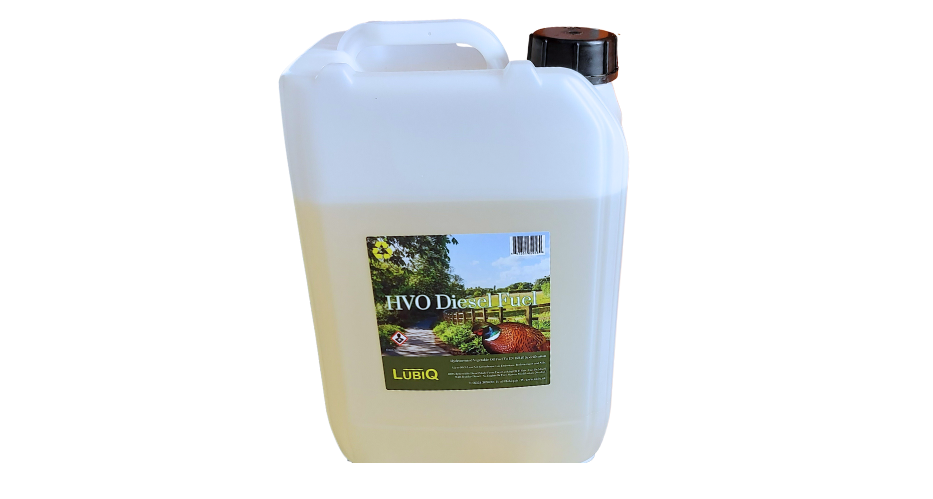What Is Premium Diesel?
A premium diesel is either a fossil fuel with higher cetane number and extra detergent additives or a synthetic fuel like HVO renewable diesel or GTL (gas-to-liquid) fuel.

The question what is premium diesel is a fair one as these fuels cost more but medium-term deliver value for money benefits for engines and substantial benefits for the environment.
In general, our road fuel comes from 6 or 7 large refinery sites which in the main, but not entirely, distil fossil crude oil into a range fuels (some, like Phillips 66, do produce HVO diesel from waste feedstocks).
These fuels cover a wide spectrum from bitumen (very viscous) to liquified petroleum gases with DERV, petrol, kerosene, and marine gas oil. The bulk of diesel available at present is cracked from fossil crude oil so how came this fossil fuel to be marketed as premium?
Mainstream DERV With A Small Upgrade..
Fuel companies must make a profit to return to shareholders and it seems the chance to push a slightly modified but far from ideal DERV as ‘premium’ was to good to miss. It is possible to compare cetane numbers of a popular premium fossil diesel with HVO (hydrotreated vegetable oil) as shown here:
- BP Ultimate Diesel: Around 55
- HVO renewable diesel: 70 or above
The cetane number of diesel relates to its combustion quality so on this rating HVO diesel is streets ahead of any fossil diesel when asking what a premium diesel is.
Apart from this, the bp ultimate or Shell v-power diesel have extra detergent cleaning additives while HVO has no need of these additives as it burns 80% cleaner than any fossil diesel anyhow. The question must be asked if the presence of the detergents is not proof that these are not premium diesels.
Synthetic Fuels – True Premium Diesel?
Synthetic or man-made fuels are a bit like 3D printing. They build a consistent fuel from the ground up designed to combust with far less particulates or emissions than a fossil diesel which is just one product from crude.
When refining is carried out on crude oil there is the ‘breaking down’ of a natural product that is itself variable with sulphur, aromatics, and variable hydrocarbon molecule lengths. HVO is also a much lower odour fuel that has fantastic cold flow and storage stability.

Hydrotreated vegetable oil, despite it being made from 100% waste products, has consistent length molecule chains, and is reacted with hydrogen under great pressure leading to high purity and, very importantly, excluding oxygen atoms from the fuel to avoid the problems of FAME biodiesel.
One significant weakness of FAME biodiesel is the tendency to grow algae in it and block fuel filters or DPFs, it causes this trouble even though it is only present at 7.25% in EN590 forecourt mineral diesel that most of us use all the time.
Our research shows that when asking what is premium diesel, the answer is HVO, which is stable for storage, made from waste, offers less air pollution, less AdBlue used, and extremely clean burning.
Would you like some delivered? Please follow the link here or drop us an email to oil@lubiq.uk
